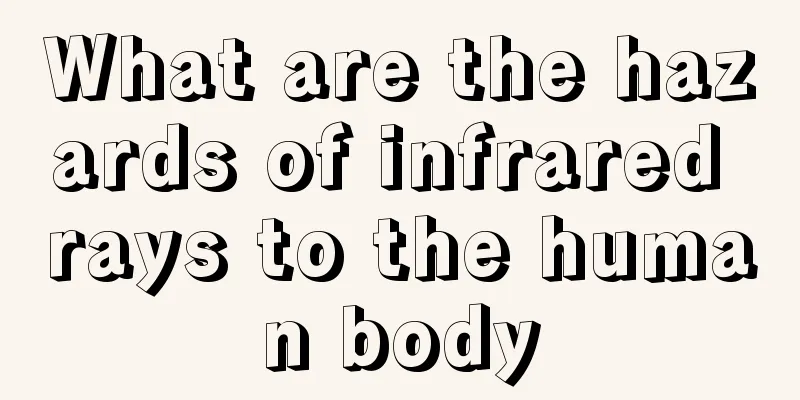What causes frequent urination and painful urination caused by bladder instillation?

|
The bladder is one of the most important excretory organs for the human body, because the bladder can store waste products such as urine, and can exert pressure on the urine so that it can be discharged smoothly from the body. However, some people's bladders are prone to disease problems, which can lead to impaired bladder function. The main method for treating bladder damage is to use bladder instillation, but why do some people experience frequent urination and painful urination due to bladder instillation? Intravesical instillation therapy is very common in clinical practice. It mainly uses a catheter to directly infuse drugs into the bladder, ureter, urethra, and rectum to achieve therapeutic and preventive effects. This method is mainly used to treat bladder cancer, chronic cystitis, interstitial cystitis, etc. Principle: Intravesical instillation therapy is a chemotherapy and immunotherapy measure that directly injects chemical anticancer drugs or immune preparations into the bladder. Direct injection of chemical anticancer drugs and immune preparations into the bladder has a direct anti-tumor effect and is more effective than systemic chemotherapy. Since some of the drugs injected into the bladder are toxic, after being injected into the bladder, they will damage the normal bladder mucosa while killing the wounds. At the same time, they have a certain lethality to unhealed wounds. Therefore, it is easy to form mucosal damage and bladder inflammation after bladder instillation, which can lead to symptoms such as frequent urination, urgency and pain when urinating. At this time, anti-infection treatment must be carried out immediately and drink plenty of water. If bladder inflammation recurs, bladder instillation must be stopped and instillation should be resumed after the inflammation improves, or instillation drugs with less toxicity should be replaced. Bladder instillations are generally contraindicated during the acute phase of infection. Therefore, if the above symptoms occur after perfusion, immediate treatment must be sought to avoid delaying the disease. If chemical cystitis does not occur, bladder instillation is almost painless. It is only a local medication and will not cause the toxic side effects of intravenous chemotherapy such as vomiting, hair loss, leukopenia, and liver and kidney damage. It is basically harmless to the human body. |
<<: What are the folk remedies for frequent urination?
Recommend
How to remove the smell of rapeseed oil
As the name suggests, rapeseed oil is oil fried w...
Is bladder wall thickening a bladder cancer? Bladder wall thickening is also related to two diseases
There are many reasons for bladder wall thickenin...
Life tips to help you overcome "spring fatigue and summer fatigue"
From the Spring Festival to summer, "spring ...
Pregnancy 04 Can medical abortion be successful?
For many women who have an unexpected pregnancy, ...
These are the symptoms of HPV infection
The hpv virus is a common sexually transmitted di...
What are the early diagnosis methods for ovarian tumors
Ovarian tumors are a very common disease in life,...
The dangers of waxing eyebrows
Every girl wants to have a pair of beautiful eyeb...
What is the fastest way to remove paint smell?
Paint is the most commonly used decoration produc...
What stage is the primary liver cancer of 7cm?
Primary liver cancer 7cm generally refers to the ...
Is esophageal cancer hereditary?
Esophageal cancer is a malignant tumor that occur...
The efficacy and function of melon stem
Melon stems have many benefits from the perspecti...
Late symptoms of endometrial cancer
We all know that for any disease, only when it is...
What are the hazards of cervical cancer to women
Many women only think that cervical cancer is lif...
What are the methods of TCM to treat colorectal cancer
Because modern people have high work pressure and...
What are the manifestations of poor psychological quality
There are many manifestations of poor psychologic...









